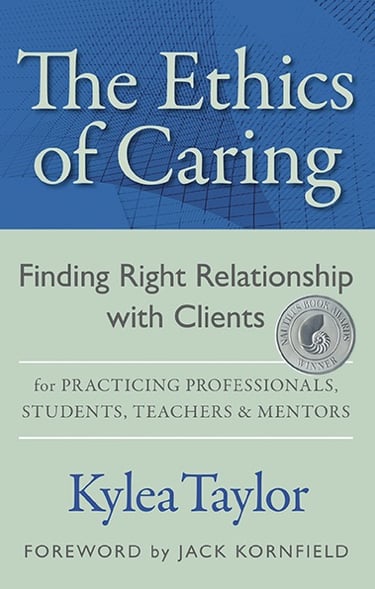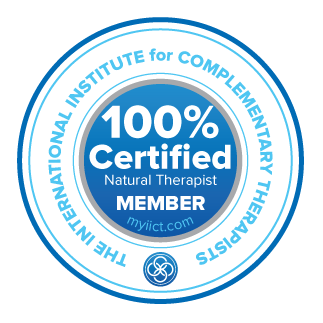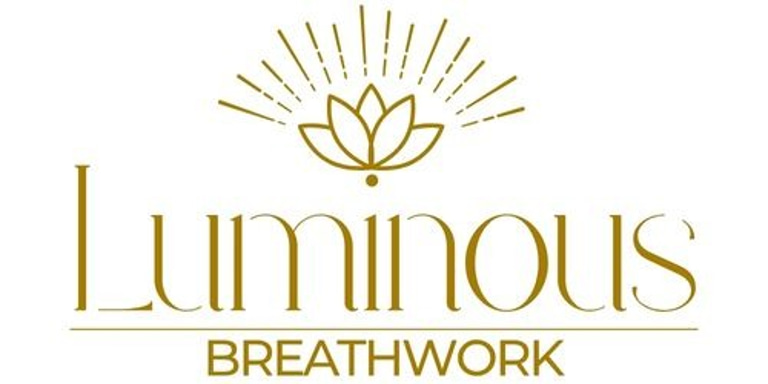Why Inner Ethics Matter: What Every Breathwork Participant Deserves to Know
When you sign up for a breathwork session—whether it’s Holotropic, Neurodynamic, or any deep somatic practice—you’re saying yes to an inner journey. A journey that may bring up memories, grief, insight, fear, release, or awe. You are opening. Softening. Letting go of the usual controls. And in that tender space, the presence of your facilitator matters more than you may realize. This isn’t just about having someone trained in technique. It’s about being held by someone whose inner world is clear enough not to interfere with yours.
PREPARATIONETHICSFEATURED
2/7/20244 min read


“My job is to be a space where nothing in me is preventing the changes that are wanting to emerge in you.”
— Ram Dass
Beyond Credentials: The Case for Inner Ethics
Breathwork, like psychedelics, is a non-specific amplifier. It heightens not just your emotional and psychological material, but also the unconscious dynamics in the room. The fears, needs, beliefs, and unhealed parts of the facilitator can subtly (or not-so-subtly) shape your experience.
This is why ethical integrity in this space cannot rely solely on professional codes or external rules. During our breathwork training, a significant amount of time was spent on InnerEthics®: a self-reflective, relational approach to ethics developed by Kylea Taylor specifically for practitioners working in altered states of consciousness.
InnerEthics invites facilitators to engage in deep, ongoing self-awareness practices to recognize how their own unconscious motivations—whether rooted in fear, desire, trauma, or spiritual longing—can impact those they serve.
What Is InnerEthics®, Really?
InnerEthics is not a checklist. It’s a life practice. It asks facilitators to continually reflect on questions like:
What part of me is acting here?
Am I projecting something onto this client?
Is this impulse to speak or intervene truly in service of the breather, or is it meeting a need of mine?
Am I in “Right Relationship” with this person in this moment?
InnerEthics also recognizes that practitioners, like all humans, are vulnerable to unconscious bias, personal longings, and shadow impulses. It offers tools like the Chart of Professional Vulnerabilities, the “Who’s This For?” prompt, and structured peer consultation groups to help facilitators return again and again to clarity, humility, and service.
Why Should Breathwork Participants Care?
Because the stakes are high. When you're in an expanded state, you are suggestible. Your system is porous. Words, facial expressions, subtle gestures... all of it can land deeply, sometimes in ways that are hard to track consciously. A facilitator who is untrained in their own internal landscape may unintentionally:
Project their unresolved wounds onto your process.
Over-identify with your story.
Blur boundaries that should remain firm.
Push their own beliefs or spiritual frameworks onto your unfolding experience.
This can lead to subtle harm or even retraumatization, especially for those with histories of developmental or relational trauma.
A practitioner trained in InnerEthics, on the other hand, is more likely to:
Recognize and repair breaches of trust.
Stay grounded in presence rather than performance.
Empower your inner wisdom rather than override it.
Cultivate the safety you need to fully surrender into your own process.
Integrity Creates the Container
Holding space for transformation is sacred work. It asks for more than charisma or breath technique. It asks for inner cleanliness. For transparency. For someone willing to do their own inner work, not just once in a training, but as a lifelong discipline.
When you sit in breathwork with a facilitator who embodies InnerEthics, you may not always see their internal integrity, but you feel it. In the calm way they listen. In how they hold boundaries. In the humility that says, “This is your process. I am here as a steward, not a savior.”
That quality of presence is what allows transformation to unfold safely, naturally, and in right timing.
What You Can Ask
As a participant, you have every right to ask:
“What’s your approach to ethics?”
“Do you participate in peer consultation or supervision?”
“How do you work with your own triggers or emotional responses during sessions?”
“How do you define Right Relationship with your clients?”
Any facilitator truly practicing InnerEthics won’t be offended by these questions. In fact, they’ll likely be grateful that you care.
Closing Invitation
A safe breathwork experience isn’t just about the techniques used, it’s about the container the facilitator. And that container is made of the facilitator’s presence, humility, and ethical self-awareness.
So when you choose a breathwork experience, don’t just ask about the playlist or the modality. Ask about the heart and integrity behind the breath.
Because you deserve a space where nothing in them is preventing what wants to emerge in you.


The Inner Ethics Practice at Luminous Breathwork
At Luminous Breathwork, our commitment to integrity goes far beyond technique. Our facilitators have been trained by Kylea Taylor—a Holotropic Breathwork facilitator, psychotherapist, and author of The Ethics of Caring—in the InnerEthics® model, a self-reflective and relational approach to ethics for those working in altered states of consciousness.
In alignment with this model, our facilitators engage in ongoing peer consultation groups, where we explore real-life challenges, reflect on unconscious motivations, and practice returning to Right Relationship with those we serve.
In addition to this ethical foundation, our facilitators are also committed to ongoing inner work. Many have long-term practices in meditation, parts work, or somatic healing. Some have taken vows as part of their Zen path or are guided by professional codes of ethics in their parallel caring roles as therapists, coaches, or spiritual care providers.
We believe that ethical presence is not a fixed trait but a living, evolving practice—and that the depth of a breathwork experience is only as trustworthy as the self-awareness of the person holding the space.
Reconnect with the light within for empowered renewal, clarity, and transformation.
Get Updates
© 2025. All rights reserved.
Join our mailing list to get updates on new breathwork workshops, gatherings, and resources to support your inner work.


info@luminousbreathwork.org
Voicemail: (512) 843-2205


